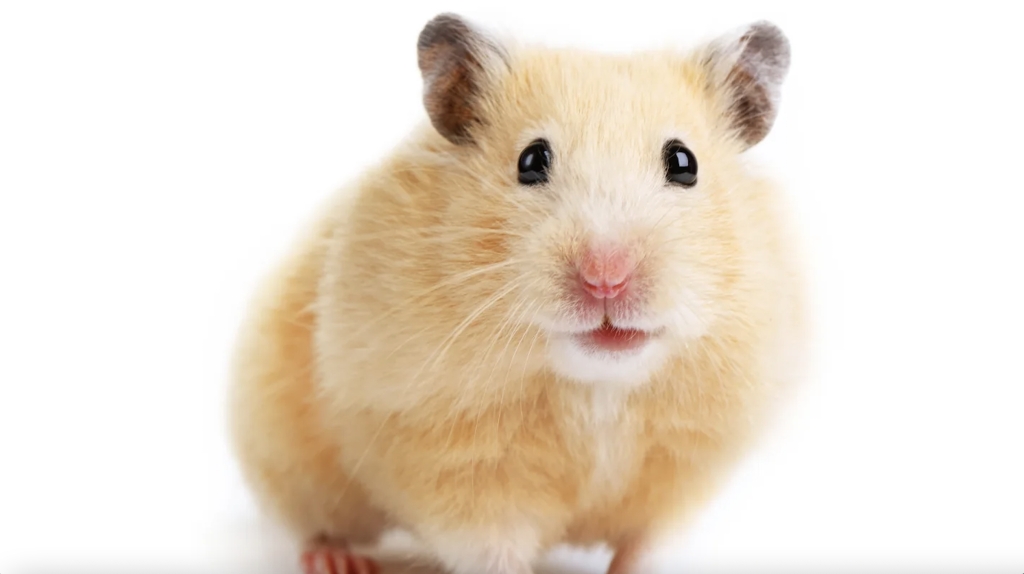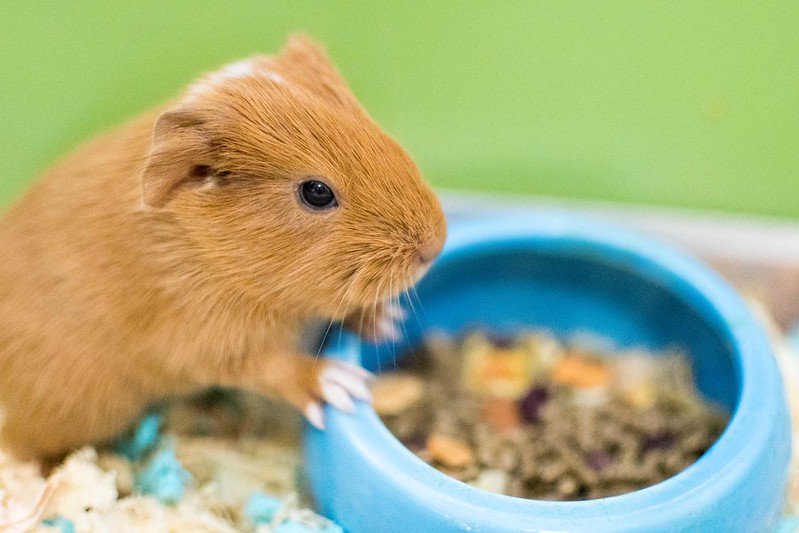Rodents are popular pets, especially for families with children. They are small, cute, and easy to take care of. Rodents include various species, such as rats, mice, guinea pigs, hamsters, and gerbils. Each species of rodent has its own unique personality, physical characteristics, and needs, so it is important to research and learn about the specific type of rodent you plan to adopt as a pet. In this article, we will provide a detailed description of the care and maintenance of family rodents as pets. This information will help you create a healthy and happy environment for your furry friend.

- Housing
The first thing you need to consider when getting a rodent pet is housing. The size of your pet’s enclosure depends on the size and type of rodent you choose. Generally, the larger the enclosure, the better. However, you should ensure that the cage is not too large for your pet to navigate comfortably. Rats, mice, hamsters, and gerbils can live in glass or plastic aquariums, while guinea pigs require a larger cage with a solid floor. The cage should have a secure lid to prevent your pet from escaping and to protect them from other animals in the house. The enclosure should also have good ventilation.
- Bedding and Nesting Materials
Rodents like to burrow and nest, so it is important to provide them with bedding and nesting material. Bedding material should be safe, absorbent, and easy to clean. Some popular options for bedding include aspen shavings, paper-based bedding, and hemp bedding. Nesting materials provide your pet with a safe and cozy place to sleep. Some good options include hay, shredded paper, and paper-based nesting material.
- Food and Water
Rodents require a balanced diet to stay healthy. You can purchase commercial rodent food or create your own mix at home. A balanced diet for rodents typically includes a mix of seeds, grains, vegetables, and fruits. You can also provide your pet with hay, which is essential for guinea pigs. It is important to provide your pet with fresh water every day. Make sure the water bottle or bowl is clean and free of debris. Some rodents prefer water bottles while others prefer water bowls, so it is important to observe your pet’s preferences.

- Exercise and Playtime
Rodents are active creatures and require regular exercise and playtime. Provide your pet with an exercise wheel or ball to run around in. You can also give them toys to play with, such as chew toys, tunnels, and climbing structures. When it comes to playtime, it is important to supervise your pet to ensure their safety. Some rodents, such as rats, can be trained to do tricks and enjoy interactive play with their owners.
- Grooming
Rodents require regular grooming to maintain a healthy coat and prevent health issues. You can brush their coat with a soft brush or comb to remove loose hair and debris. Some rodents also require regular nail trimming to prevent overgrowth. In addition, you should regularly clean their enclosure to prevent the buildup of urine and feces. Clean the enclosure once a week or as needed, and replace the bedding and nesting material.
- Health and Veterinary Care
Regular veterinary care is essential to keep your pet healthy. Schedule regular check-ups with a veterinarian who is experienced with small animals. They can provide you with information on vaccinations, parasite prevention, and any health issues your pet may have. It is also important to monitor your pet’s behavior and health. Look out for signs of illness, such as lethargy, loss of appetite, and diarrhea. If you notice any changes in your pet’s behavior, contact a veterinarian immediately.

Taking care of a rodent pet requires commitment, patience, and love. By providing your pet with a safe and comfortable environment, a balanced diet, regular playtime, and grooming, you will create a healthy and happy life for your furry friend. Remember to also provide your pet with regular veterinary care to maintain their health. With proper care and maintenance, your rodent pet can bring joy and companionship to your family for years to come.